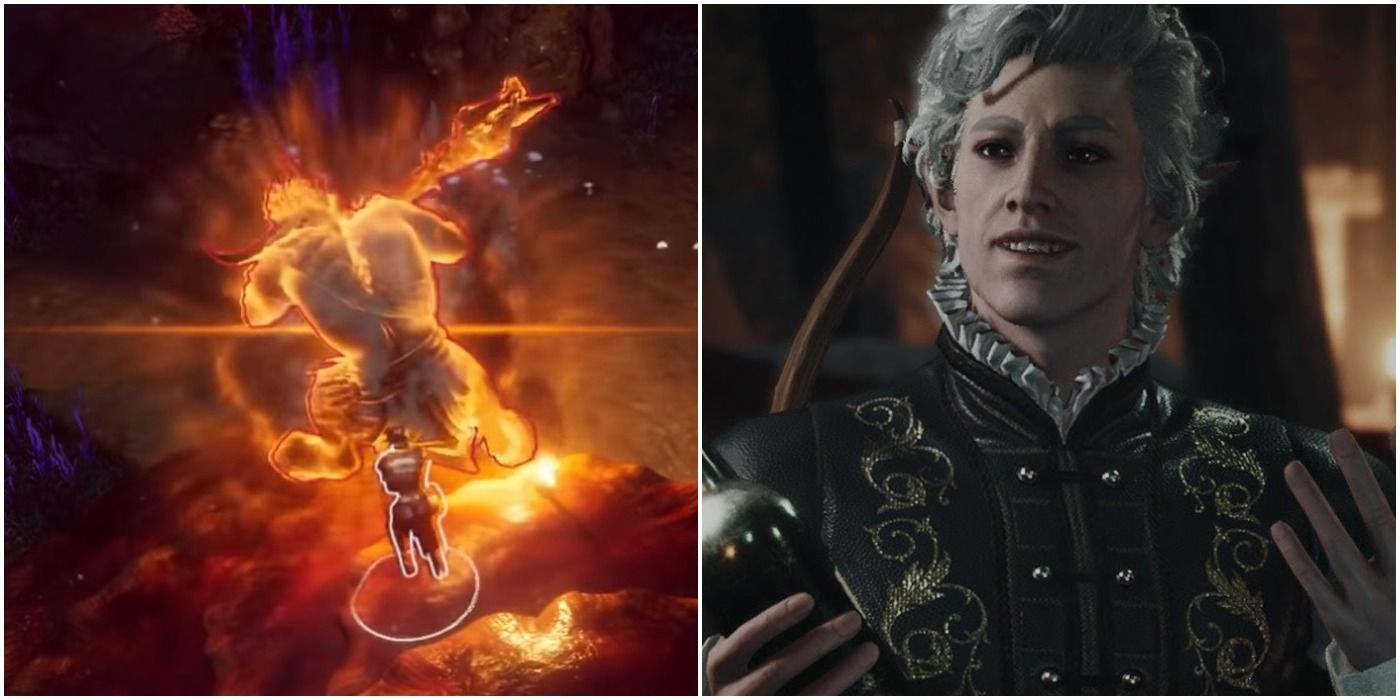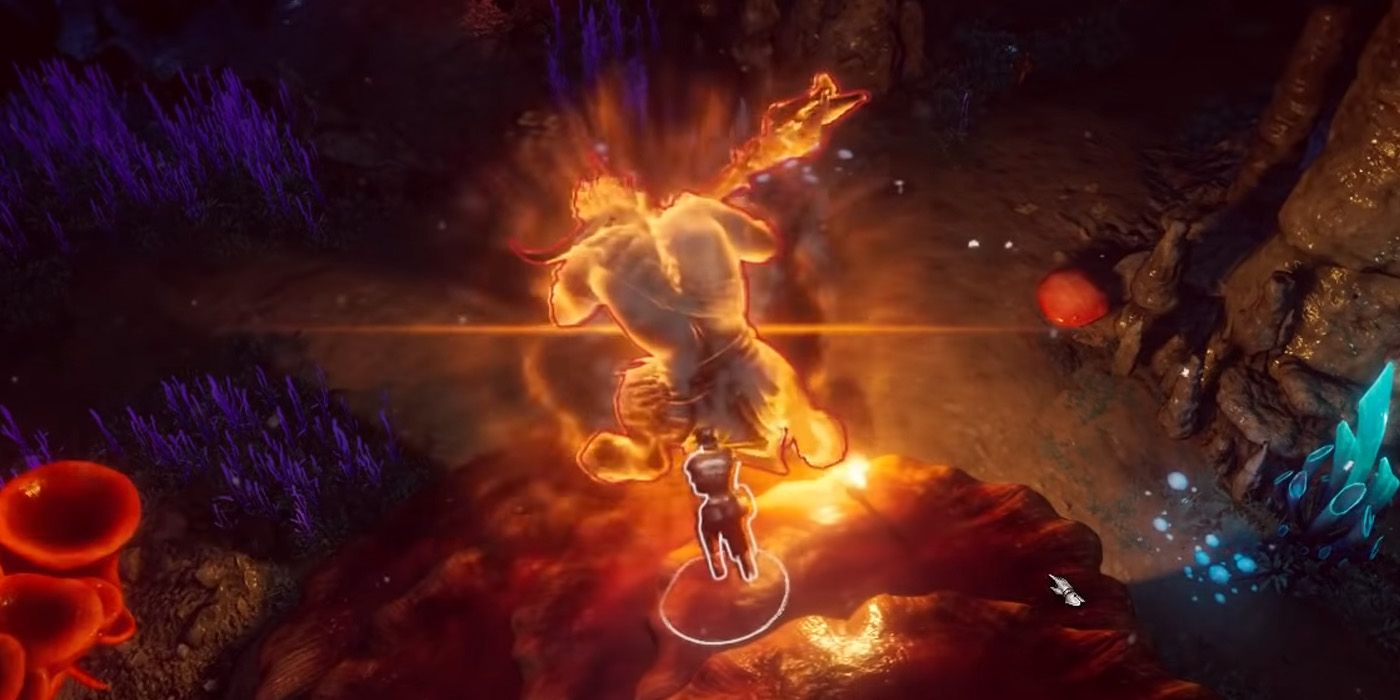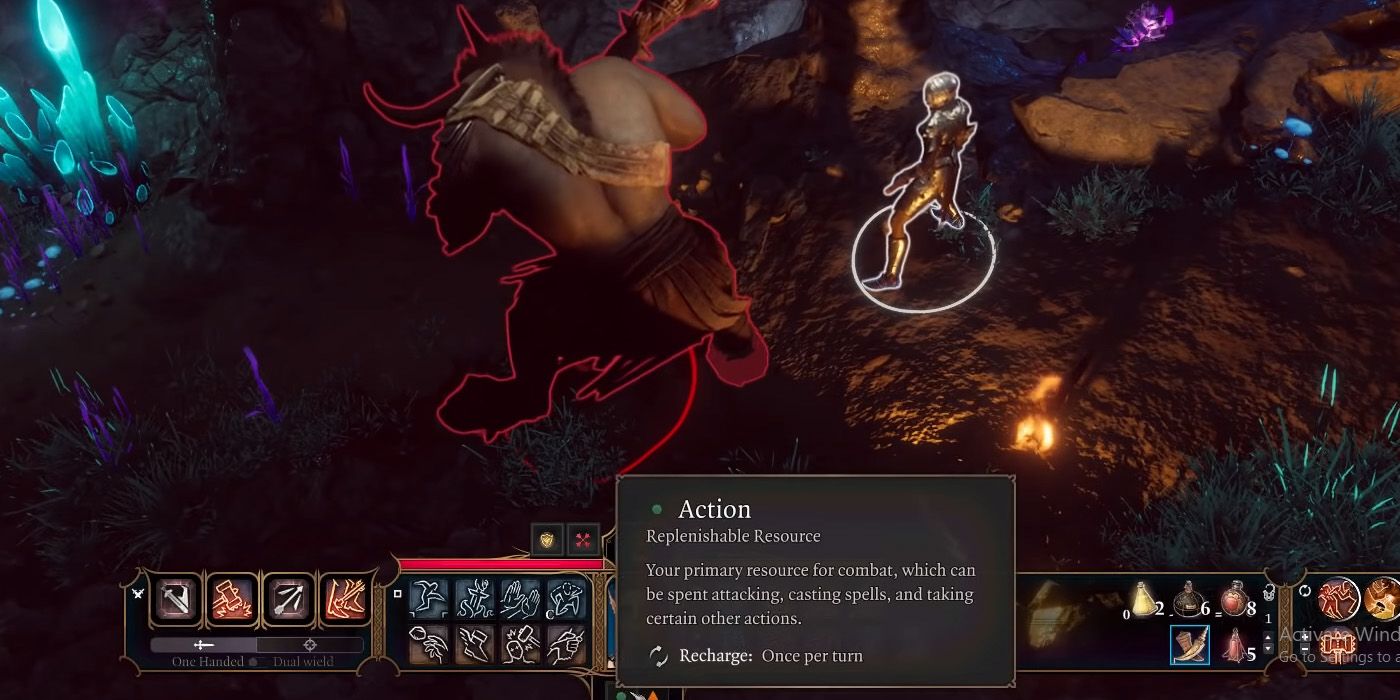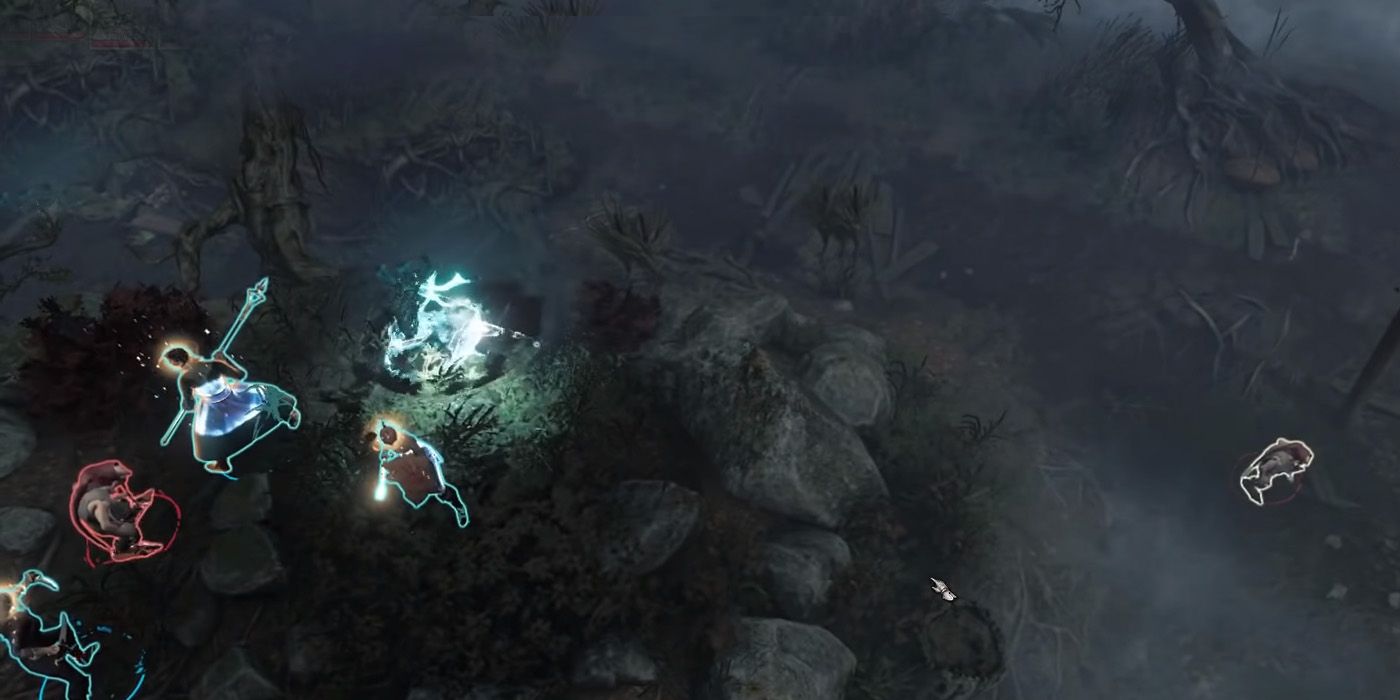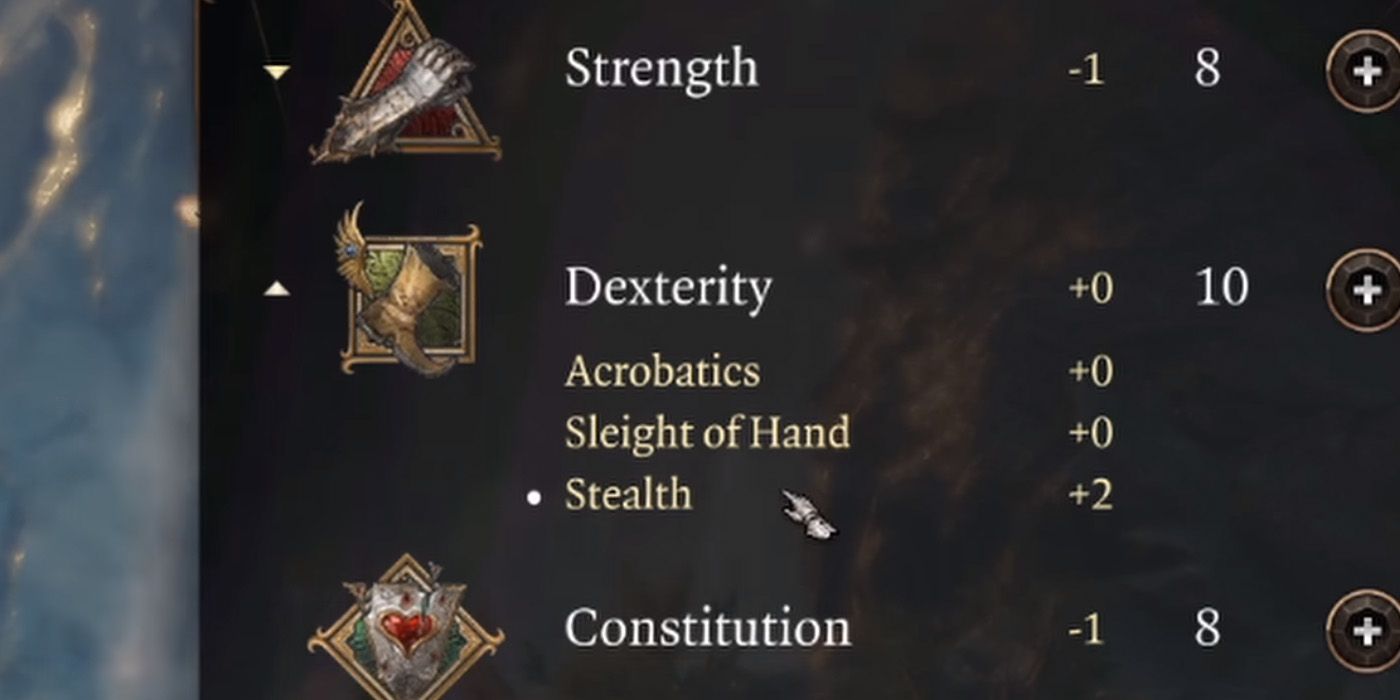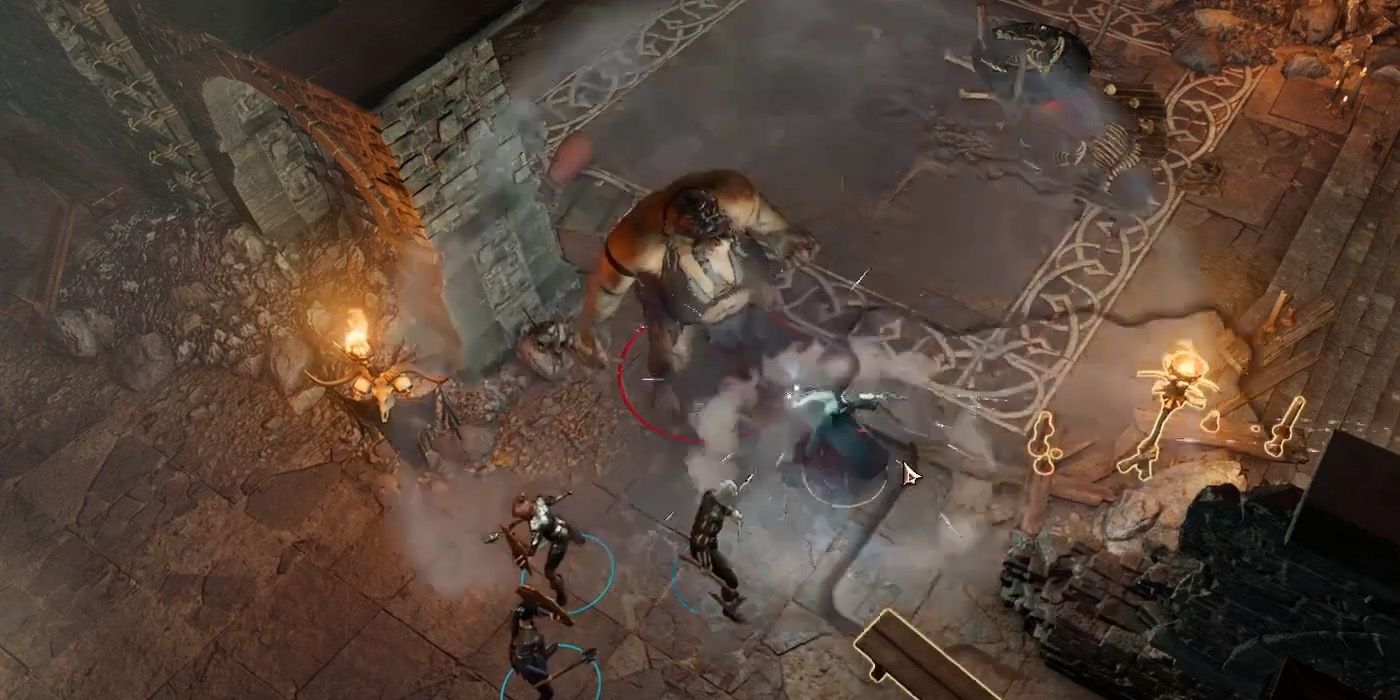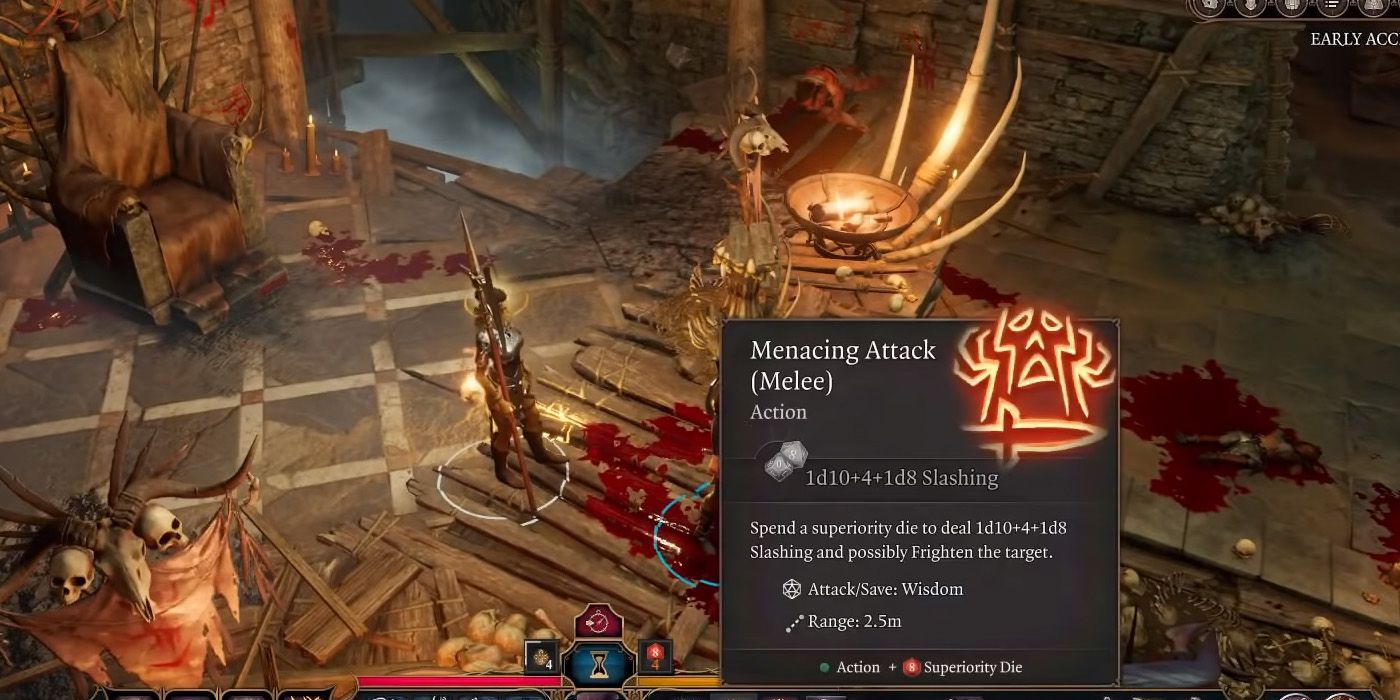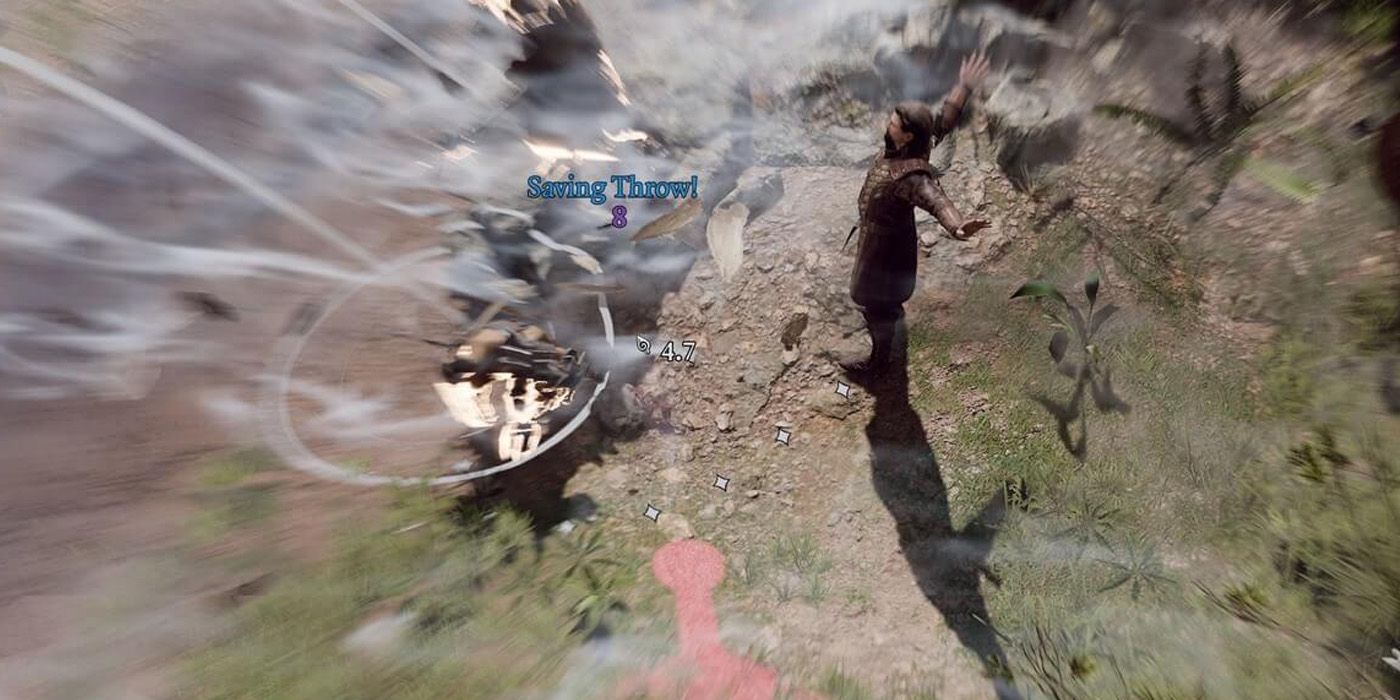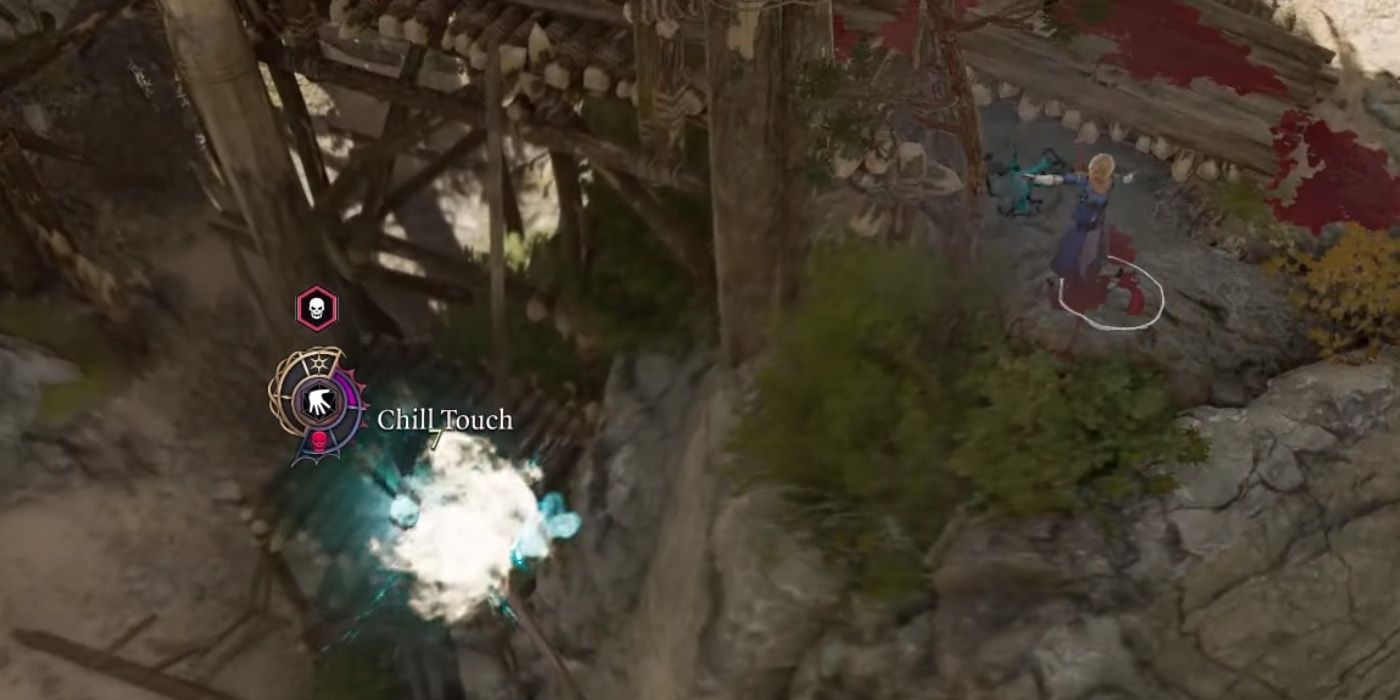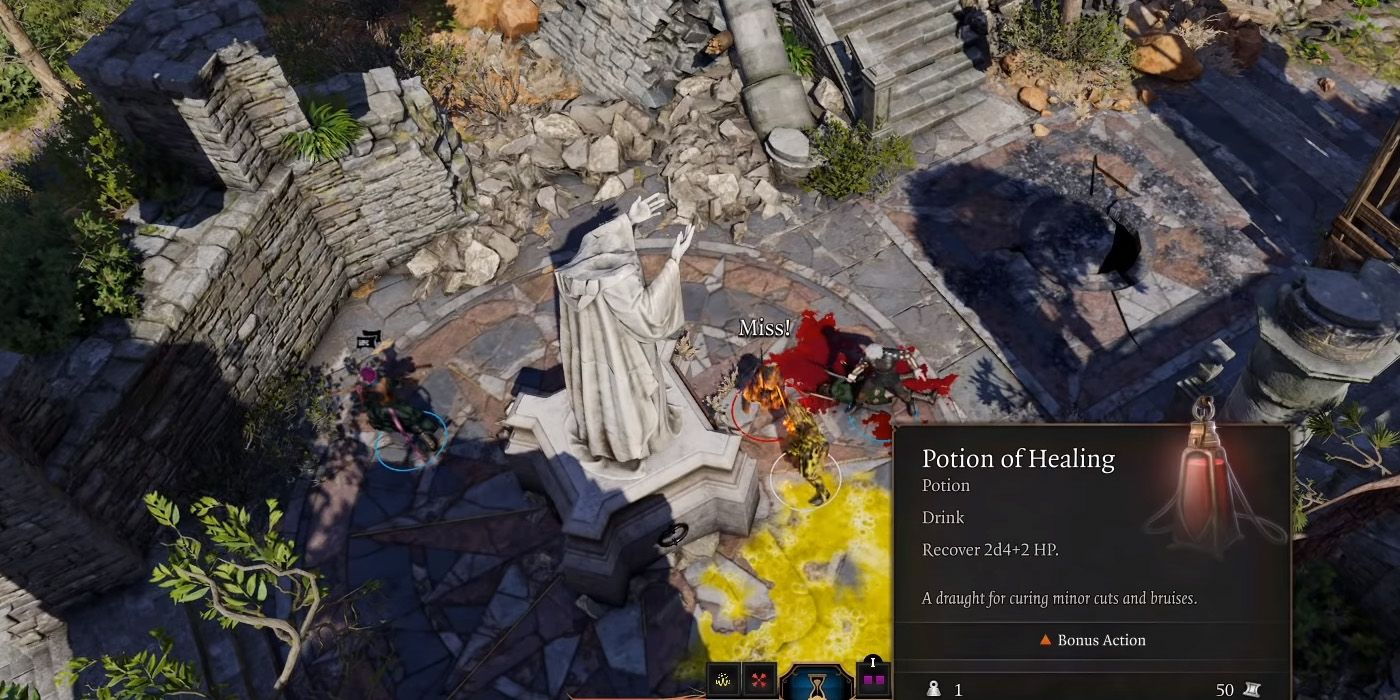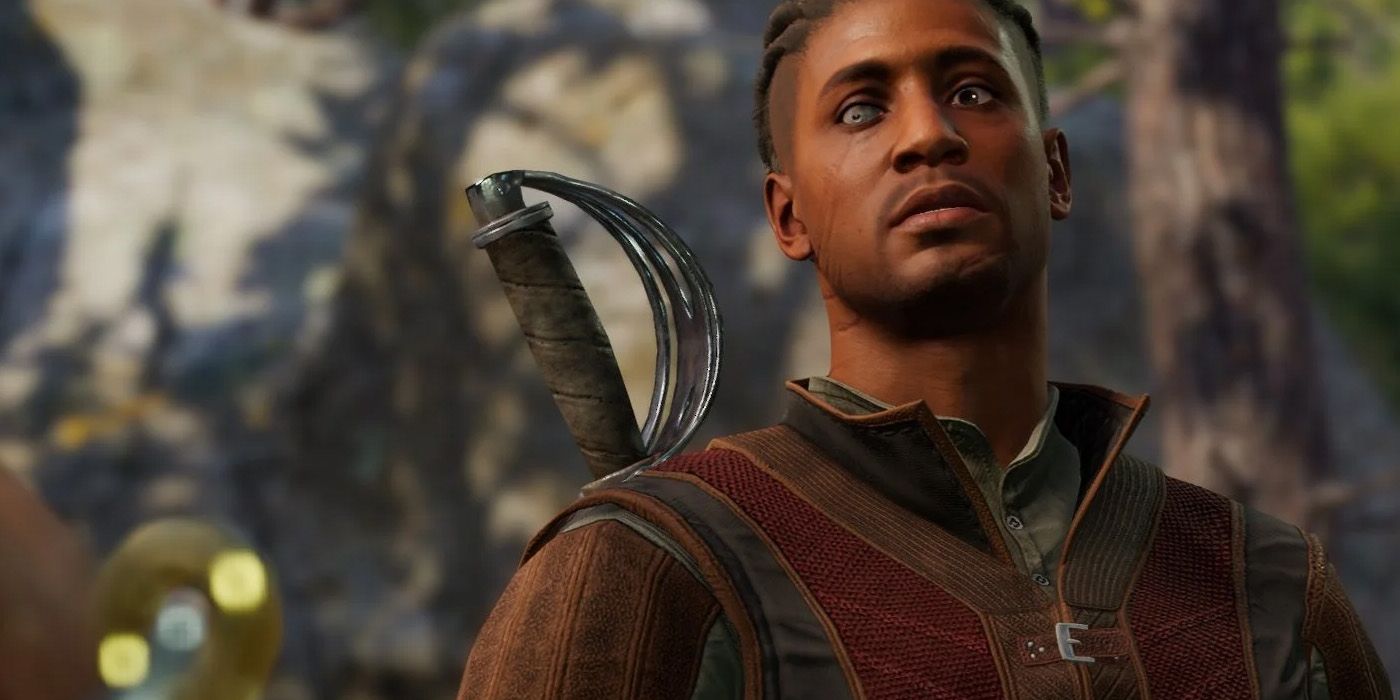Fans who played Larian Studios' Divinity: Original Sin series know that the wrong party setup can end up in a first-round party wipe. However, in Larian's Baldur's Gate 3, players also learn that unoptimized Damage Per Second (DPS) builds can lead to underwhelming and unnecessarily-difficult battles. Thanks to BG3's ruleset from Dungeons & Dragons 5e, players can easily determine whether their DPS character can serve their purpose well or if the party's in for a rough time.
BG3's D&D 5e rules allow players to tinker with DPS builds to make ideal combatants that will suit their party's needs. However, players who want to make the most optimized DPS builds in the game might want to remember some tips along the way.
Diversify The DPS Role
Players should remember that DPS deals damage in rather specific ways. As such, BG3 players ought to take a page off D&D 4e's handbook to diversify the DPS role based on these targeting differences.
Essentially, single-target specialists like the Rogue and versatile Ranger fall under the Striker role. They focus on taking down one enemy at a time with huge damage bursts, courtesy of combos. In turn, they perform better against bosses and elite enemies.
Meanwhile, AOE specialists like the Wizard fall under the Controller role. These DPS characters have abilities that can take down mobs quickly. They don't deal as much damage as the Striker, but their role focuses on crippling their defenses enough for the party to pick them off.
Maximize The Action Economy
In BG3, unused actions don't get carried over to the next round. As such, DPS builds need to maximize their Action Economy in order to land the most hits. Essentially, they need to always have something to do across their Action, Bonus Action, and Reaction. For instance, all characters can use their Reaction to make an Opportunity Attack on enemies that enter their range.
However, DPS builds need to pay particular attention to how they use Bonus Actions and their main Action. Ideally, they should dedicate their main Action to an attack. Meanwhile, Dual-Wielders may also use their Bonus Action for an off-hand attack.
Likewise, a Bonus Action can be a Spell (e.g., Hunter's Mark) or an ability (e.g., Dip) that augments this attack. Alternatively, a Bonus Action can also offer movement opportunities (e.g., Misty Step, Expeditious Retreat) to navigate the battlefield.
Mind The Distance
Due to their damage focus, the DPS needs to pay the most attention to battlefield interaction. Regardless of the category, the DPS must be able to react to any battlefield situation as fast as possible. In turn, they need to be within the range of anything that they can attack or assist. This advice might seem overwhelming at first glance, however, the DPS character simply needs to be within the movement range of the party's dedicated Healer and Tank.
Additionally, this movement distance should be able to help them get within attacking range of any of their abilities. That way, the DPS can attack enemies knowing they can still aid their allies if the Tank becomes preoccupied.
Secure The Hits, Not Just Damage
Any DPS needs to focus on ensuring that their attacks or Spells land first before creating combos. Thankfully, they can do this easily by simply focusing on the Modifier their attacks rely on.
Physical DPS builds need to raise their Strength or Dexterity high enough to land more hits. They can do this by using an Ability Score Increase Feat to grant bonus points to these stats. Likewise, DPS can secure hits via advantage, courtesy of attacking prone, or surprised opponents.
Meanwhile, magical DPS characters need to raise their Spellcasting Ability Score. The Ability Modifier from this stat increases the Difficulty Class (DC) enemies need to meet with their Saves in order to avoid the Spell.
Spellcasters: Focus On Cantrips
Spells burn through Spell Slots quickly, and Spellcasters become useless once they dish out all their Fireballs before the big boss. As such, a Spellcaster DPS should build their combos around offensive Cantrips that they can spam to secure their damage output. It's also recommended that Spellcasters have ranged Cantrips to avoid getting on melee.
However, Spellcasters should avoid Cantrips such as Poison Spray (Conjuration) and Sacred Flame (Evocation) as they also rely on Saving Throws.
In turn, Cantrips such as Evocations Eldritch Blast, Fire Bolt, and Ray of Frost become great go-to Spells, as they can be spammed and cost no Spell Slots. Furthermore, they are treated as ranged attacks.
Physicals: Focus On Control
Unlike Spellcasters, physical DPS builds can more or less keep on dishing out damage with normal attacks even if they exhausted their Class Features and other perks. A melee DPS should focus on getting Features and options that help them secure control over the battlefield.
For instance, versatile subclasses such as the Battle Master Fighter get Maneuvers such as the Pushing Attack and the Menacing Attack that can potentially push or Frighten the target. Meanwhile, the Hunter Ranger has a Feature such as Horde Breaker that can hit two targets at once.
Likewise, it always helps for mobile physical DPS to establish better battlefield control by creating surfaces, knocking enemies prone, or targeting multiple enemies at once.
Never Forget Saving Throws
Players shouldn't expect enemies to keep on hitting them with weapons. Once enemies start dishing out Spells, one wrong move can kill a DPS. In turn, players should start investing in their Saving Throws to vastly decrease damage from debilitating effects.
Dexterity Saves seems the most frequent when dealing with offensive Spells. Rogues and the agile Ranger likely have high-enough Dexterity to defend themselves from these attacks. However, a Shield-toting DPS should probably pick up Shield Master Feat so that their successful Dexterity Saves will let them take no damage.
Meanwhile, other Spells force targets to take Constitution Saves to avoid debilitating physical effects such as being shoved. Likewise, Wisdom Saves, albeit rare, prevent targets from sleeping or being charmed. Healers should buff their DPS with Resistance (Abjuration) and Bless (Enchantment) to grant bonuses to Saves.
Diversify The Damage Output
Unfortunately, things such as Resistances might cause the party's optimal damage output to drop. In turn, DPS characters should have the means to diversify their damage types in order to bypass special Resistances when necessary.
For the physical DPS, this caveat means having alternative Bludgeoning, Slashing, and Piercing Weapons for melee damage. Additionally, they need access to various dips to further imbue their attacks with damage types an enemy can be weak against.
A magical DPS can circumvent this caveat through debuffs or attacks with alternate damage types. For instance, useful Spells such as Chill Touch (Necromancy) impose a disadvantage to an enemy's attack rolls. Meanwhile, elemental Spells such as Fire Bolt, Eldritch Blast, and Thunderwave all deal alternate damage types.
First Aid Matters
Contrary to popular belief, Healers maximize their support roles, not by healing, but rather by giving out buffs to allies and debuffs to enemies. However, Healers only get to do that if DPS and Tanks can confidently help themselves in a pinch. In BG3, DPS builds can do just that courtesy of Potions and Scrolls, all of which become very abundant throughout the game world.
Aside from stockpiling specialized Spells, DPS should pay attention to Potions of Healing and status removal. Meanwhile, Scrolls of potent Healing Spells will always find use in emergencies.
Pick The Right Companion
Since BG3 locks Companions to certain Classes, some players might have an idea which Companions work best for DPS builds. All these elements depend on the party synergy players want to achieve.
For instance, Astarion (Rogue) deal damage with stealth and shadowy tactics. Meanwhile, Wyll (Warlock) and Gale (Wizard) guarantee superior AOE. Of course, this is assuming Shadowheart (Cleric) and Lae'zel (Fighter) get relegated to roles of Healer and Tank, respectively.
Players can make a DPS based on their ideal party. Melee specialists such as the Fighter and Ranger can make great DPS/Tank Hybrids thanks to their bulky build and mid-tier damage. Meanwhile, the upcoming Sorcerer can deal great damage numbers.

